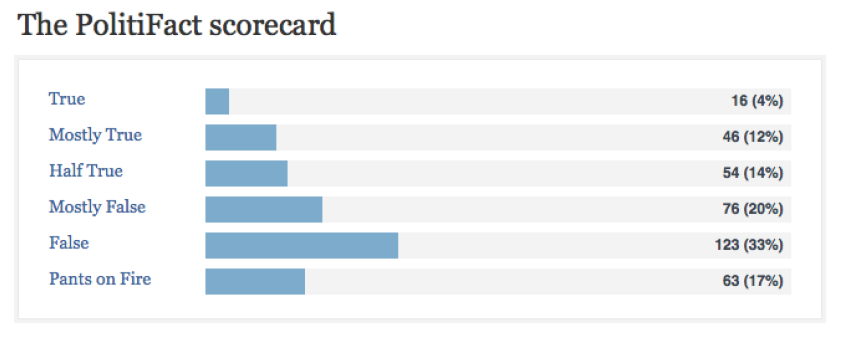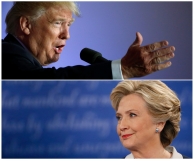
''If you continue in my word, you are truly my disciples; and you will know the truth, and the truth will make you free.' These familiar words from John 8 are easy to skip over. In reality though, they are vital.
As usual with Jesus, there is so much going on in just a few lines that whole books could be written. Here we get to see one of the themes that he returns to again and again.
Truth is an integral part of His message. It's so integral, in fact, that when he was asked by the disciple Thomas, 'How can we know the way?' Jesus responded, 'I am the way and the truth and the life.'
Clearly, truth was of such importance to Jesus not only because it was a good attribute to have, or even because it was embodied within the 10 Commandments ('Thou shalt not bear false witness'). For Jesus, it was bigger than that – in a real sense, he is the embodiment of truth itself.
With this in mind, Christian parents have always discouraged children from lying. We feel especially cheated by Christian leaders who fail to live up to the standards Jesus sets on truth – by living one way in secret and publicly proclaiming something different. It's also why, however tenuously, those societies which have a basis in Judeo-Christian ethics prize truth-telling.
It's that last point where things really seem to be falling apart in 2017. Jesus told truth even when it was far from convenient – think of the heavy questioning Pilate put him under, yet he stuck to his guns – 'For this I was born, and for this I came into the world, to testify to the truth.'
The Fake News phenomenon which has become such a sensation over the past few months appalls and intrigues us in equal measure because of the brazen way in which the truth is disregarded in favour of getting clicks and therefore money (Jesus had that one covered too – 'the love of money is the root of all evil').
It isn't just the fake news merchants, though. Our political leaders seem to be in the grip of an epidemic of fibbing.
Donald Trump's tendentious relationship with facts has been well documented. Politifact.com, a site which covered the truthfulness of President Obama's statements, has been keeping a close eye on Trump, too. It currently calculates that around seven out of 10 of the statements from Trump it has analysed are at least 'mostly false.'

Those of us on this side of the pond shouldn't be smug. This week a minister, Dr Liam Fox, was live on Sky News when he claimed he hadn't sent a tweet. The tweet was on the screen behind him as he was speaking.
His colleagues in government also managed to tie themselves in knots explaining why the decision to raise National Insurance contributions on self-employed people didn't breach a manifesto commitment which said the government, 'will not raise VAT, National Insurance contributions or Income Tax.' With one minister even claiming the government should apologise, the policy was dropped in a fairly astonishing U-Turn.
This cavalier approach to truth isn't limited to the political right of course. The most calamitous foreign policy decision since the Suez Crisis, the 2003 invasion of Iraq, was sold to Parliament and the British people by a Labour administration. The recent Chicot inquiry found that the case made by Tony Blair at the time wasn't fully true. 'The severity of the threat posed by Iraq's weapons of mass destruction – or WMD – were presented with a certainty that was not justified' as the BBC reported.
The political commentator Peter Oborne has been chronicling the descent of mainstream politics in books such as The Rise of Political Lying and The Triumph of the Political Class. Oborne explains the lack of truth-telling at the top in stark terms. 'This involves an attack not just on truth but on democracy itself,' he says. 'Citizens have a right to form a fair and balanced judgment, and are therefore entitled to be informed about their political choices. Lying disempowers and therefore debases those who are lied to. Politicians who lie to voters deprive them of the ability to reach a well-informed decision. In doing so, they convert them into dupes... This is not just morally wrong, it is politically disastrous.
If we are to take Jesus seriously, then we must demand better from our politicians than this. We don't presume we will always agree with them, let alone like what they have to say. But we have a right to expect the truth.
















